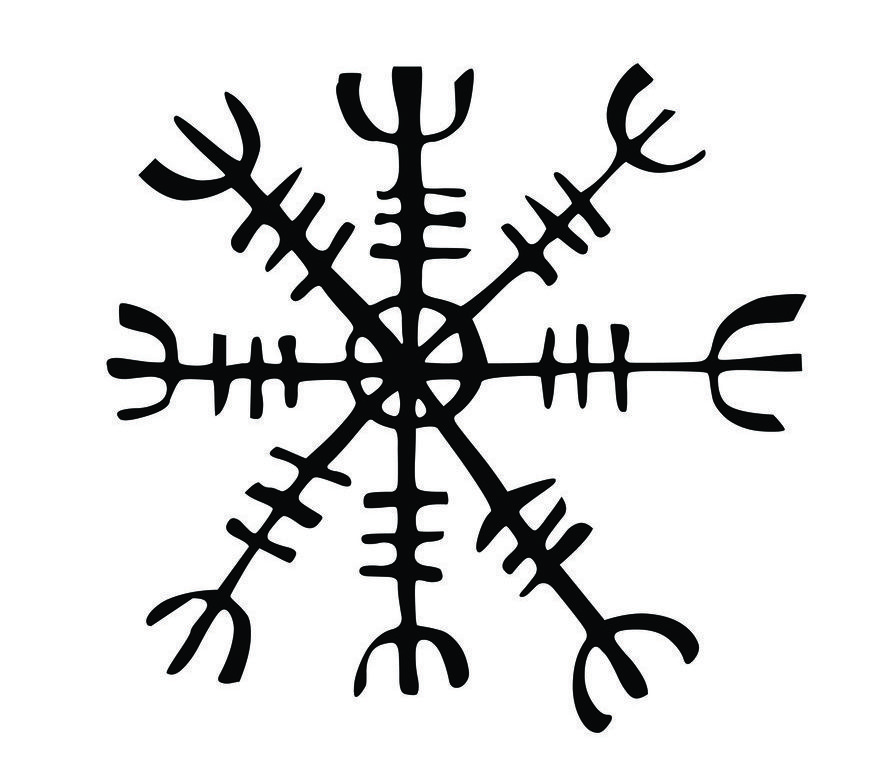The area of Strandir is not mentioned often in historical documents before the 17th century. It is still one of the remotest parts of Iceland and the northern part must have been even more remote in former centuries. It is therefore possible that some remnants of the old Viking religion survived in some form long after they had disappeared in areas in closer contact with the three seats of power. These were the two cathedrals, at Skálholt in the south and Hólar in the north, and the home of the Danish authorities at Bessastaðir, today the official residence of the President of Iceland.
Jón the Learned, who was brought up in the north of Strandir during the last decades of the 16th century, is one of the few men to defend the Catholic faith in the 17th century. It is also interesting that of the fishing fleets that visited Iceland at the time, the Catholic Basques were the ones to set up whaling stations in Strandir.
At the beginning of the 17th century, the records of the high court at Þingvellir (the old parliament that by this time was no longer a legislative assembly – though royal decrees from Copenhagen had to be announced there) complain regularly that those obliged to attend from Strandir, among them the local sheriffs, do not show up, and in the events of contemporary annals events in Strandir are rarely mentioned. This changes after 1654 when the three men were burnt there for sorcery in Kistan.




